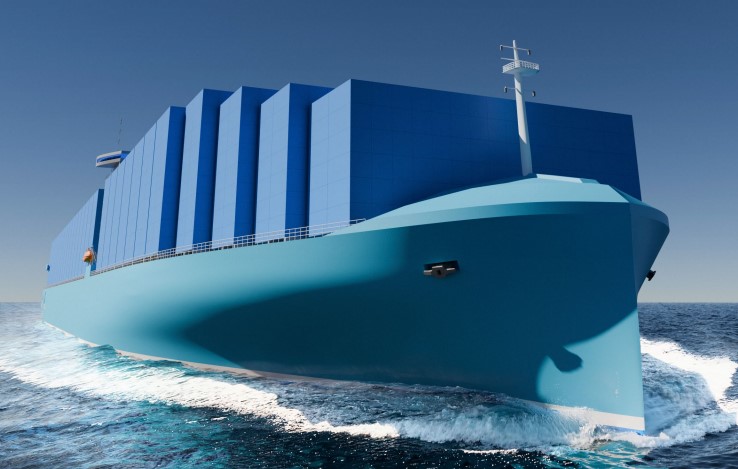CORE POWER announces US-anchored maritime civil nuclear program
CORE POWER Launches Floating Nuclear Program

CORE POWER, a UK-based maritime nuclear innovation company, has initiated a U.S.-anchored maritime civil nuclear program called Liberty. This ambitious project aims to introduce floating nuclear power to the market by the mid-2030s. The Liberty program is designed to establish a framework for using nuclear power in the civil maritime sector. It will focus on modular construction of advanced fission technology and create the necessary regulatory and supply chain structures for global deployment.
Transforming Maritime Energy with Liberty
The Liberty program is set to revolutionize the maritime energy landscape. According to CORE POWER’s CEO, Mikal Bøe, the initiative could unlock a floating power market valued at $2.6 trillion. He emphasized that shipyard construction of nuclear power plants will be completed on time and within budget. With 65% of economic activity occurring along coastlines, this program aims to extend nuclear energy‘s reach to new markets.
The first phase of Liberty will focus on mass-producing floating nuclear power plants (FNPPs). These plants will be constructed in shipyards using established shipbuilding processes, taking advantage of a skilled workforce. The FNPPs will be designed as power barges that can be moored at ports or anchored offshore. This modular production approach allows for efficient manufacturing and deployment. CORE POWER envisions a fleet of FNPPs that can be towed to customer locations without requiring complex site preparations. A central yard will handle commissioning, maintenance, refueling, and waste management.
The program will utilize advanced nuclear technologies, including molten salt reactors. These next-generation reactors are designed to be inherently safe and operate at near atmospheric pressures. This design reduces the need for large emergency exclusion zones and enhances the insurability of FNPPs and nuclear-powered commercial vessels. Additionally, these advanced technologies are more efficient than traditional nuclear propulsion, allowing ships to operate on a single fuel load for their entire lifespan while minimizing waste production. This efficiency translates to significant improvements in speed, cargo capacity, and overall operational effectiveness.
CORE POWER is collaborating with various developers of advanced nuclear technologies to optimize reactor designs for maritime applications. The company plans to open the order book for FNPPs in 2028, with full commercialization expected by the mid-2030s. Alongside reactor design, CORE POWER will focus on establishing licensing, insurance, and export control frameworks. The program will also address supply chain logistics, workforce development, and manufacturing capabilities.
To ensure safe and effective implementation, CORE POWER is working with the International Maritime Organization (IMO) and the International Atomic Energy Authority (IAEA) to develop a civil liability convention for nuclear-powered ships. The Liberty program aims to create a comprehensive regulatory framework for operating FNPPs and civil vessels with nuclear propulsion. Bøe highlighted that the Liberty program will enhance energy security for heavy industry and ocean transport, ultimately transforming the maritime sector and global trade. The program draws its name from the Liberty ships of World War II, reflecting CORE POWER’s commitment to establishing a manufacturing yard in the U.S. for FNPP production.
